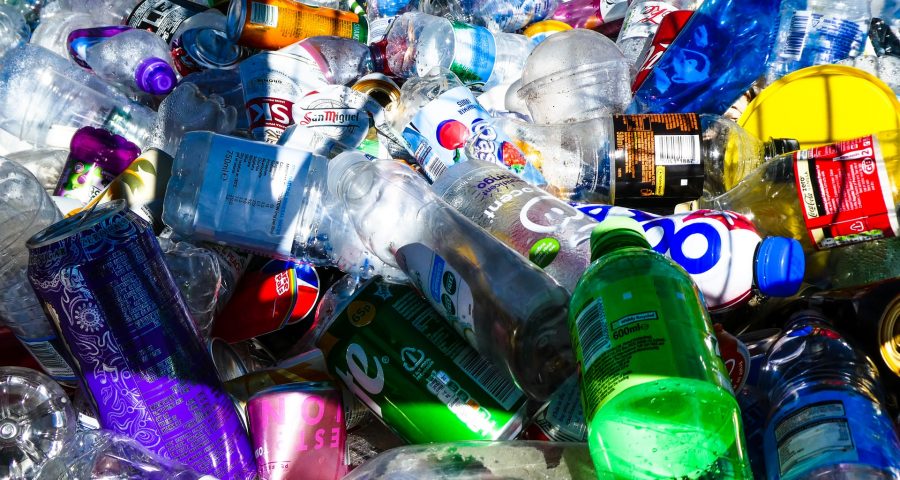“You’re not leaving the table until you finish your… plastic?!”
This is Sandra Tsing Loh with the Loh Down on Science.
A really inconvenient truth? Sort those colored bins as we like, only a small percentage of plastics can actually be recycled. Most end up in landfills, or burned, causing more harm to the environment!
Help could come from enzymes?! Enzymes are proteins that can break materials down. But attempts in the past to have them gnaw through plastic have been UNSUCCESSFUL. Like Goldilocks, the enzymes’ plastics couldn’t be too hot or too cold… and like Goldilocks, the enzymes took too long…
If only we could speed things up with a less picky eater! Hurrah – Hongyuan Lu and team from the University of Texas, Austin developed a new enzyme with computer modeling! It chews large, non-recyclable plastics into smaller, recyclable pieces faster AND at room temperature!
Their mutant enzyme can almost completely break down plastic waste in one week! The researchers believe it’s ideal for large scale production.
So let’s go Ms. PacMan! Time to eat some ghosts AND water bottles!
Reference: Lu, H., Diaz, D. J., Czarnecki, N. J., Zhu, C., Kim, W., Shroff, R., Acosta, D. J., Alexander, B. R., Cole, H. O., Zhang, Y., Lynd, N. A., Ellington, A. D., & Alper, H. S. (2022). Machine learning-aided engineering of hydrolases for PET depolymerization. Nature, 604(7907), 662–667. https://doi.org/10.1038/s41586-022-04599-z

